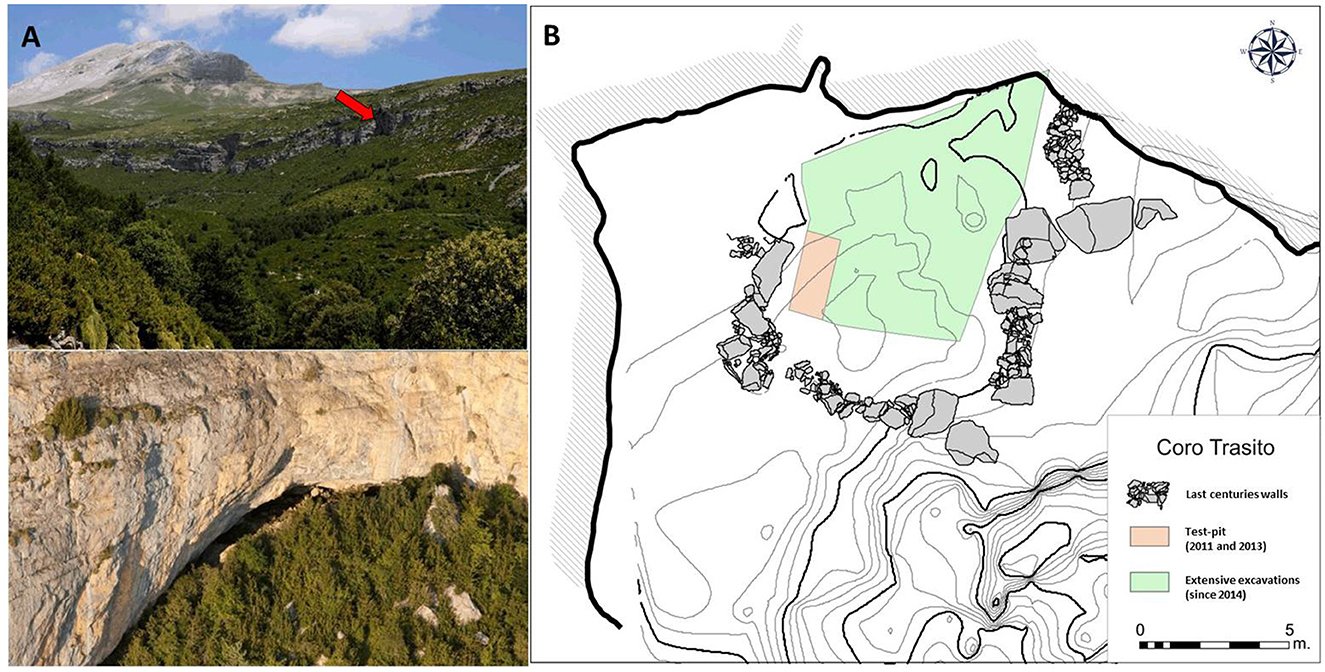This study investigates animal management strategies in high mountain areas during the early Neolithic period, challenging the assumption of seasonal human settlements and highlighting the utilization of domestic resources. Through an analysis of archaeozoological data and stable isotopic analysis from Coro Trasito Cave in Huesca, Spain, the research reveals a diverse range of husbandry practices, including multipurpose exploitation of domestic resources and adaptation of herds to the cave environment. These findings contribute to a nuanced understanding of Neolithic animal husbandry and shed light on the socio-economic dynamics of early Neolithic communities in highland regions, emphasizing the need to reevaluate traditional narratives and adopt a more comprehensive approach to studying human-environment interactions during this period.


